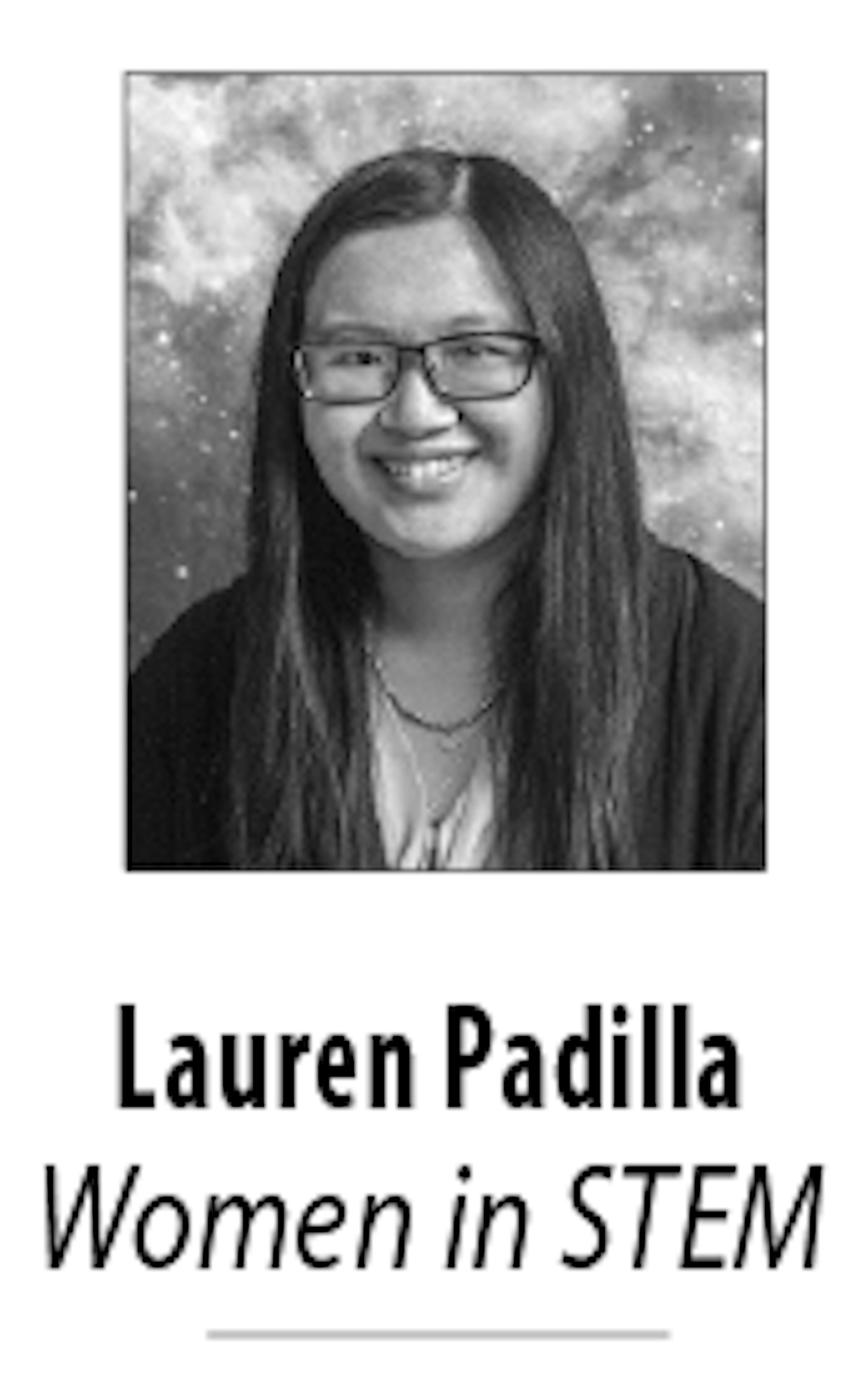
Recently, many have begun to call attention to the lack of intersectionality within Women’s History Month celebrations. Despite the historical and current contributions women of color have made in the battle for women’s equality, their narratives and achievements tend to receive little acknowledgement.
The efforts of African-American women, in particular, often go unrecognized during Women’s History Month. Though there are too many incredible African-American women in STEM to include in one list, here are just seven trailblazers to know:
Nancy Abu-Bonsrah — Two years ago, Abu-Bonsrah was accepted into the Department of Neurosurgery at the Hopkins School of Medicine. Entrance to the program is a high achievement for anyone: The division admits less than a half-dozen residents. However, as the first African-American woman resident ever accepted into the now decades-old program, Abu-Bonsrah’s admission was particularly momentous. Abu-Bonsrah has expressed a desire to leverage her medical training to create her own legacy of community service, not just through medical practice, but working to inspire aspiring doctors.
Joycelyn Elders — Elders, born in the early 1930s and raised in an impoverished, segregated Arkansas community, went on to become the first African-American woman to hold the title of surgeon general of the United States. Following high school, Elders attended Philander Smith College, initially intending to pursue a career as a lab technician, before an encounter with Edith Irby Jones, a pioneering African-American woman physician, convinced Elders to become a doctor. After service in the Army, a professorship at the University of Arkansas and several decades of practice in pediatric endocrinology, Elders led the Arkansas Department of Health, where she worked to tackle issues like immunization, reproductive health and substance abuse. As surgeon general, Elders gained a reputation for fearlessly addressing “controversial” health topics, emphasizing that true health advancements require engaging in open discourse.
Clara Arena Brawner — The first African-American woman doctor in Memphis, Tenn., Brawner was involved in medicine, theology and politics. Brawner, born in 1929, grew up in Memphis, earning her high school degree from Manassas High School, before gaining her medical degree from Nashville’s Meharry Medical College in the mid-1950s. Not only did Brawner practice pediatric and family medicine, but she also worked as a staff member of two nearby hospitals and chaired the Pediatric department of Collins Chapel Hospital.
Patricia Bath — Born in 1942, Bath has played a key role in the field of ophthalmology, from developing new devices to aid cataract patients to co-founding the American Institute for the Prevention of Blindness. Bath attended medical school at Howard University College of Medicine, and in the early 1970s, she became New York University’s first African-American ophthalmology resident. After witnessing and researching disparities in blindness rates between white and African-American patients, Bath worked to start the discipline of community ophthalmology, which works to better serve the health needs of marginalized communities. Bath remains active in medicine, technology and advocacy today.
Donna Auguste — Creator of Freshwater Software, a multimillion-dollar technology organization, and Leave a Little Room Foundation, a group that works to deliver essential services like housing and vaccinations to high-need communities, Auguste has been active in engineering and philanthropy for years. Auguste’s interest in technology led her to the University of California, Berkeley, where she studied electrical engineering and computer science. In prior publications, Auguste has highlighted the discrimination she faced during her student career — from gender-based discrimination from project teams to racist remarks from faculty members. Nevertheless, Auguste continued her education and training, pursuing her PhD at Carnegie Mellon and landing a position as an engineer at Apple.
Lilia Ann Abron — From serving as a faculty member of Howard University’s Civil and Environmental Engineering departments to launching Peer Africa, an organization focusing on eco-friendly construction in post-Apartheid communities, Abron has had an expansive career in chemical engineering. Both her parents were involved in education, her father as a school principal and her mother as teacher. After earning her bachelor’s in Chemistry from Memphis’ Le Moyne College in the mid-1960s, Abron attended the University of Iowa, becoming the first African-American woman to earn a doctoral degree in Chemical Engineering. She has contributed to a variety of environmental engineering projects — from contamination cleanup to energy-efficient residential development.
Agnes D. Lattimer — Inspired by the kindness of her family doctor, Lattimer decided to pursue a medical career as a child. Despite the racism and sexism she encountered, coupled with her family’s limited resources, Lattimer became valedictorian at Booker T. Washington High School, then graduated with honors from Nashville’s Fisk University, where she received her undergraduate biology training. After serving as a housekeeper to fund her medical schooling, Lattimer enrolled at the Chicago Medical School, where she fought discrimination from patients because of her race. She went on to teach at Chicago Medical School, chair Cook County Hospital’s Division of Ambulatory Pediatrics and advocate for increased access to health services in predominantly African-American communities. In her spare time, she was also a pilot.




